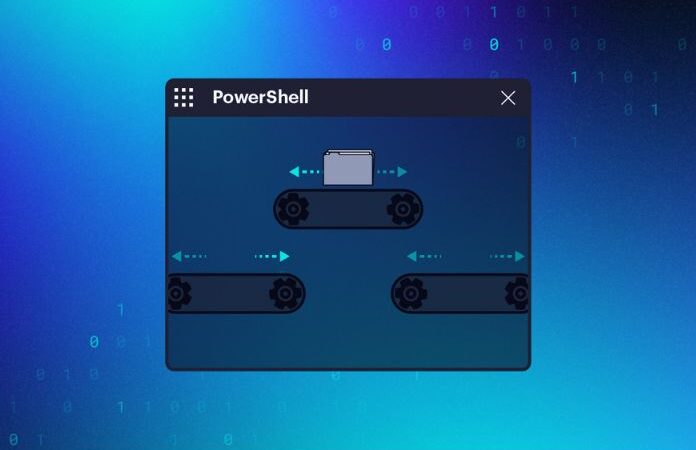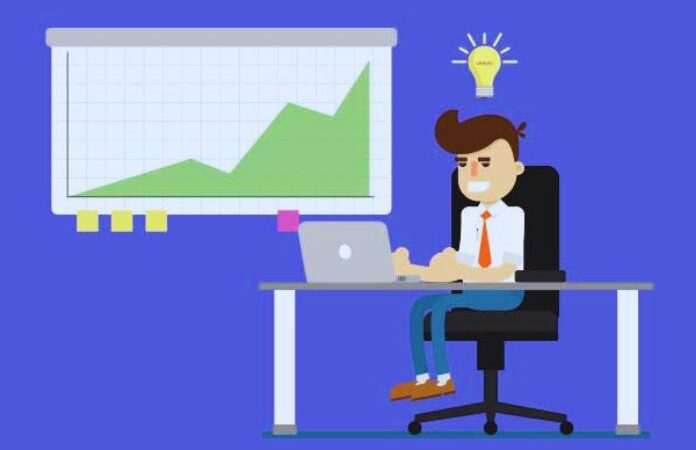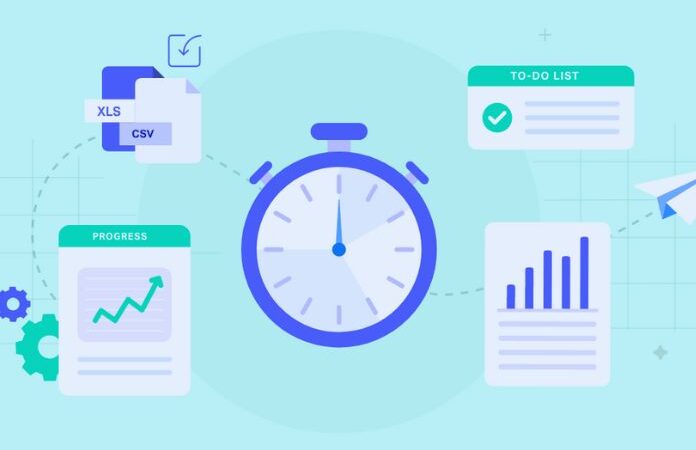Coach: How Does The Profession Of The Future Work

Professional Coach : Creating personalized plans that help individuals and companies achieve their goals is the mission of the coach, one of the future professions.
Many want to develop, train or improve a particular person or work characteristic. Many others recognize that they need help to achieve a specific goal. In many of these cases, individuals turn to a professional coach or coaching service, one of the most sought-after professions of the future.
The customers‘ purpose is to have a person capable of motivating and who designs the right way to achieve that goal.
Coaching helps clients achieve their goals through a development methodology that is studied and planned based first on the individual’s characteristics and abilities. There are several characteristics that a coach must possess: from empathy toward his clients to the ability to create a personalized path for every need. The professional coach usually specializes in a specific sector to best meet the different needs.
Table of Contents
Who Is The Professional Coach
A coach supports professionals and guides them in pursuing personal or professional goals. A coach can be hired when seeking professional development, or a company may turn to an industry professional to encourage the team to do better teamwork.
The purpose of the coach is to help their clients reach their full potential, and they do so by guiding individuals or groups towards self-reliance, developing strategies for performance improvement, and improving perspectives on personal and professional expectations.
Professional coaches do not solve problems for their clients. Still, they manage to guide and motivate their choices to resolve any uncertainties at any stage of their personal or professional development.
For example, to those looking for a job or wanting to change careers, a coach can suggest techniques capable of increasing self-confidence, which is essential to persist and be successful while looking for a job. People who want to grow professionally and change jobs can benefit from coaching strategies that focus on improving skills such as time management, conflict resolution, productivity, and communication.
Just imagine the employee of a financial company who is considering a career change and starting a new path in the field of financial journalism. The coach is the professional who listens to the client’s motivations starting from a first-person experience and manages to list the advantages and disadvantages of a possible career change, the obstacles that could be encountered, and all the steps necessary to improve the skills required from the new location. Finally, he gives him an indication of the expected length of time to complete the entire route.
After talking to the coach, the client can have a clearer perspective, which helps him decide whether to proceed or stay in his situation.
The Characteristics Of The Coach
The coach must be impartial and not be carried away by his client or his thoughts and instincts. Even when he works for companies, he must act as an external party, capable of offering solutions that no one would ever have considered. His impartiality also allows him to be honest and transparent with the customer, pointing out any flaws to work on or questioning the wrong choices. Thanks to these notes, the individual becomes capable of discovering qualities about himself and new ways to improve his characteristics.
Empathy is essential in this work. Although the coach is impartial, he must not forget the wishes and difficulties of the clients, helping them where they need it. We must not impose our vision but let the individual evaluate the situation starting from his desires. The real purpose is to help him achieve them, but respecting his timing and adapting strategies to his knowledge and skills.
Professional coaches must be able to provide continuous feedback to their clients in such a way as to push them more and more to achieve their goals, directing them towards the best path.
The Coaching Process
A coach also helps their client determine which goals are realistic and which are not.
At the base of coaching is the exploration of clients’ aspirations, which continues with the study of a plan established and agreed upon by the coach. The primary purpose is the achievement of the objectives. For example, if a client wishes to take on a role requiring more excellent leadership skills in their company, the coach must know and train the qualities of leaders. Next, the coach outlines the steps to develop leadership skills, ranging from knowing how to speak in public to giving precise and timely directions.
The Different Specializations Of Coaching
There are several types of coaches, many of which focus on a specific professional or personal goal. Personal coaches, for example, help people who have difficulty maintaining a work-life balance or the impact of their personal life. Coaches who specialize in this topic work in a broader specialty, while career coaches focus on short- or long-term changes in their clients. The organizational coach focuses on supporting, above all, entrepreneurs who have to develop business strategies ranging from the growth of a company to the increase in the productivity of their employees.
Finally, performance coaches work within business organizations that want to increase and improve the work performance of their employees. In contrast, team coaches help groups of employees determine goals and objectives, identify members’ strengths and establish roles for each individual.
Also Read : Digital Sustainability In The Workplace






